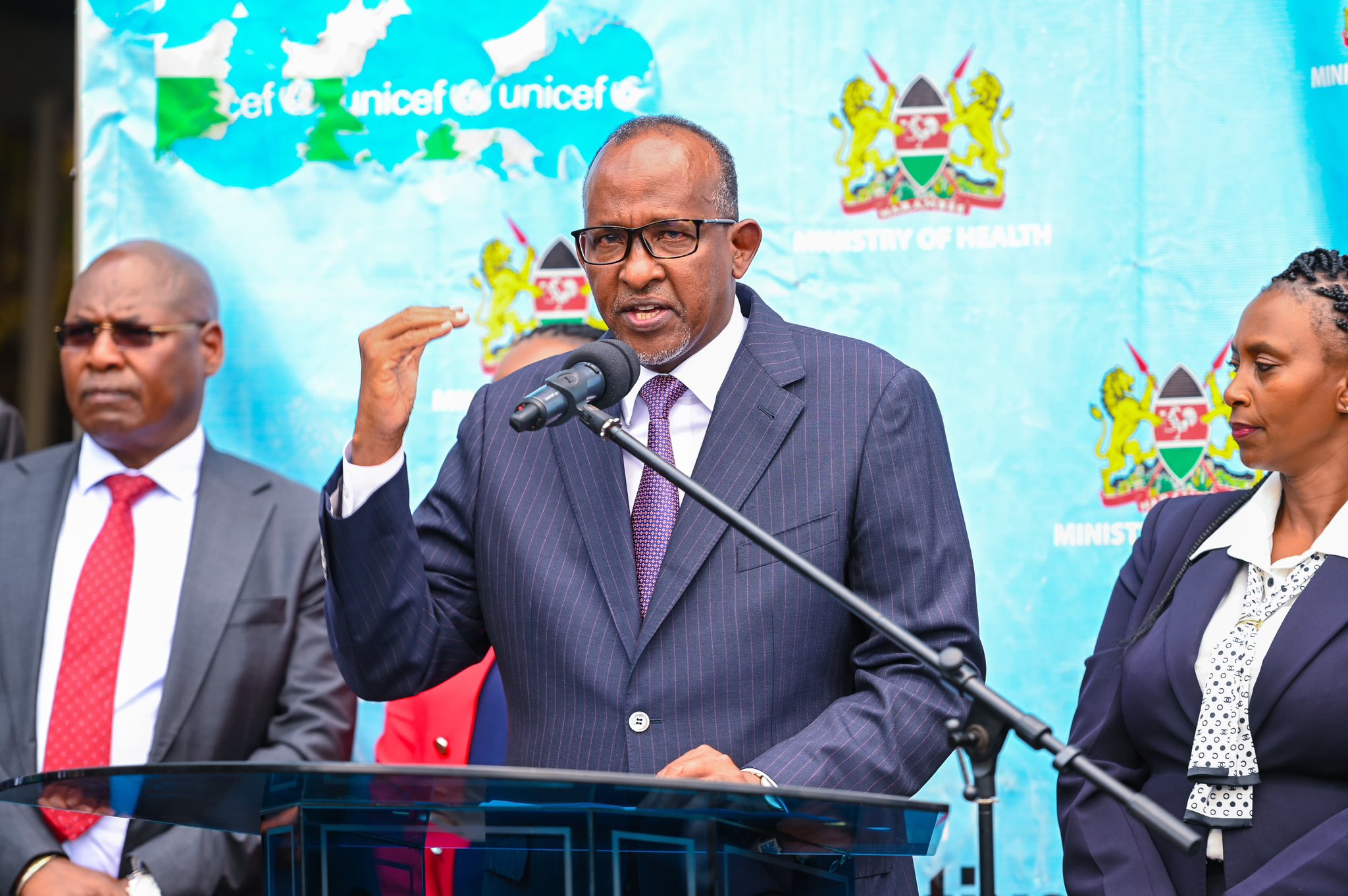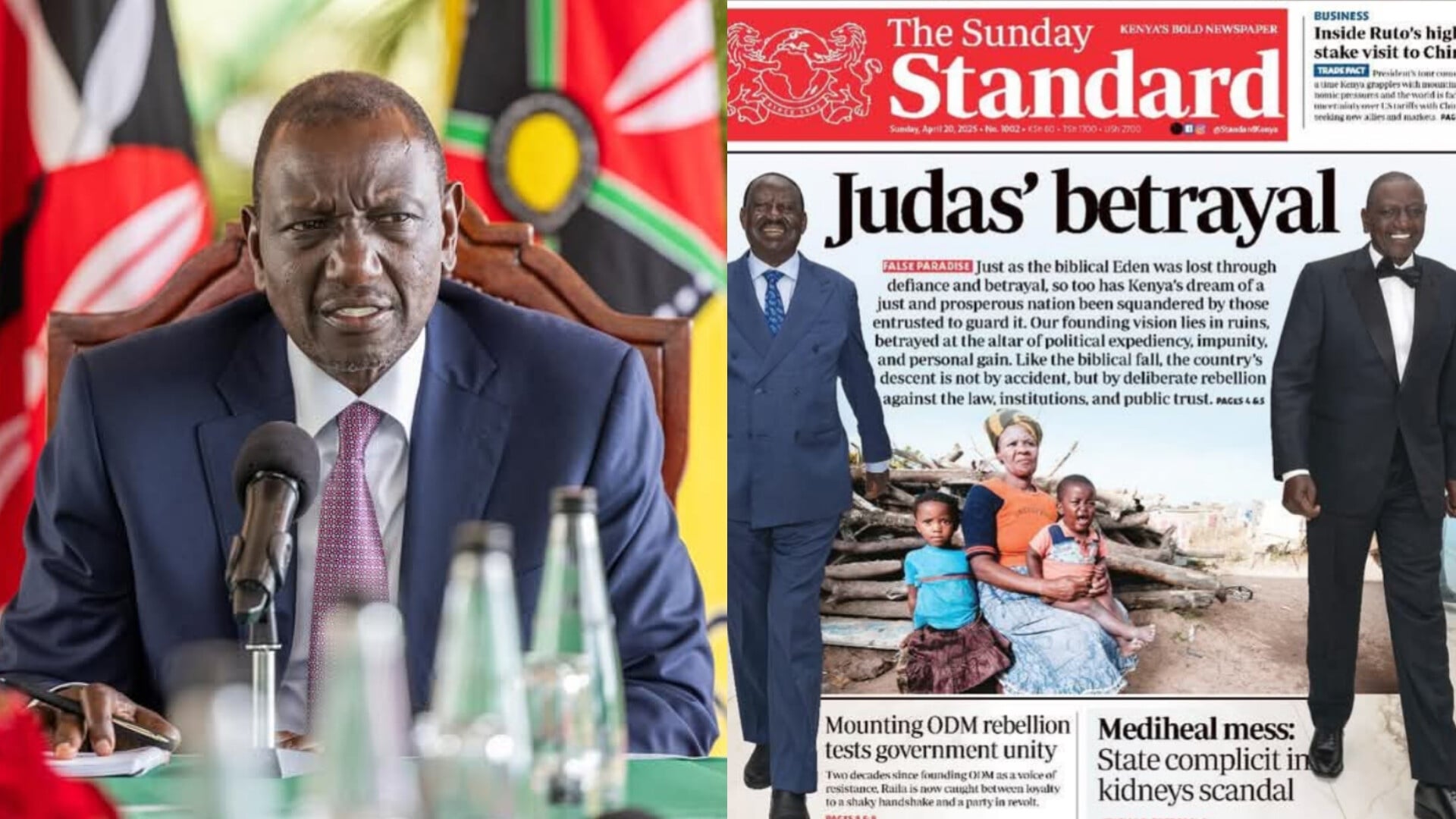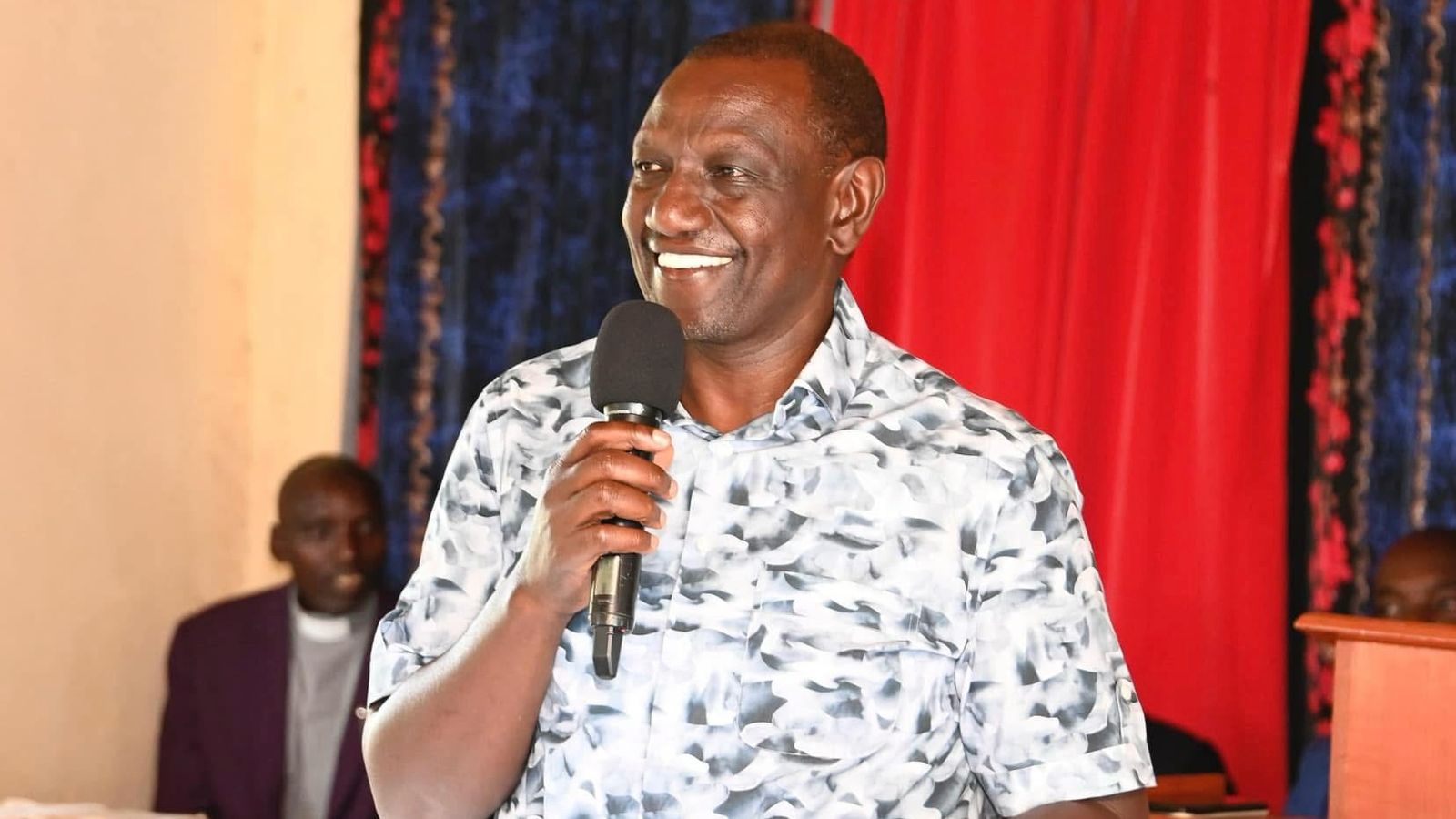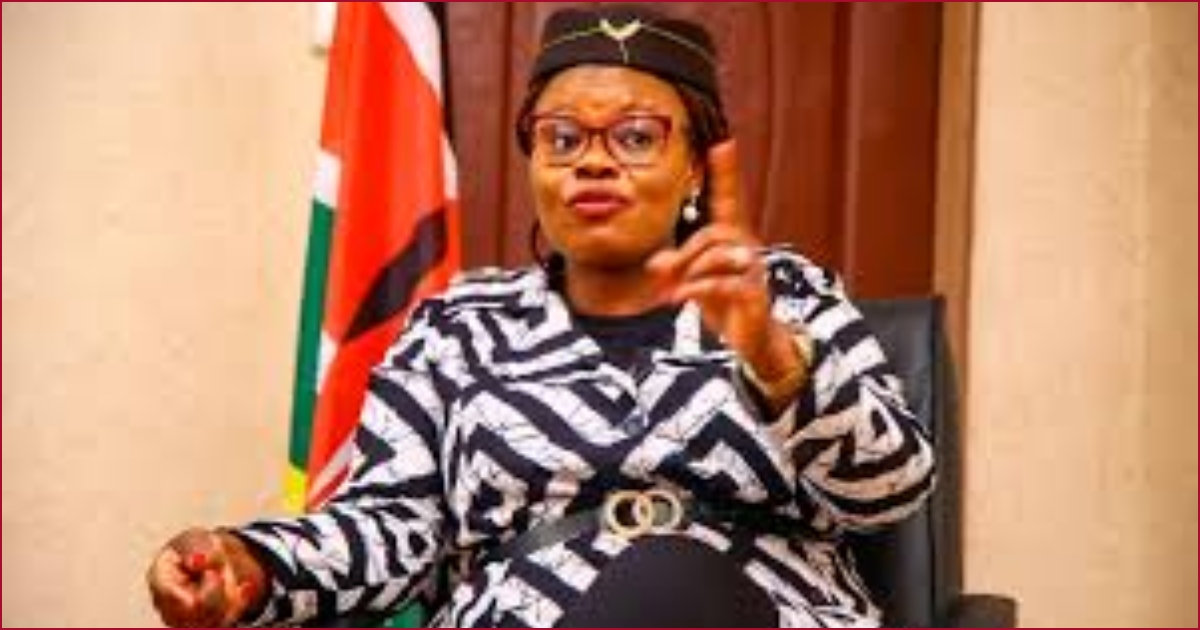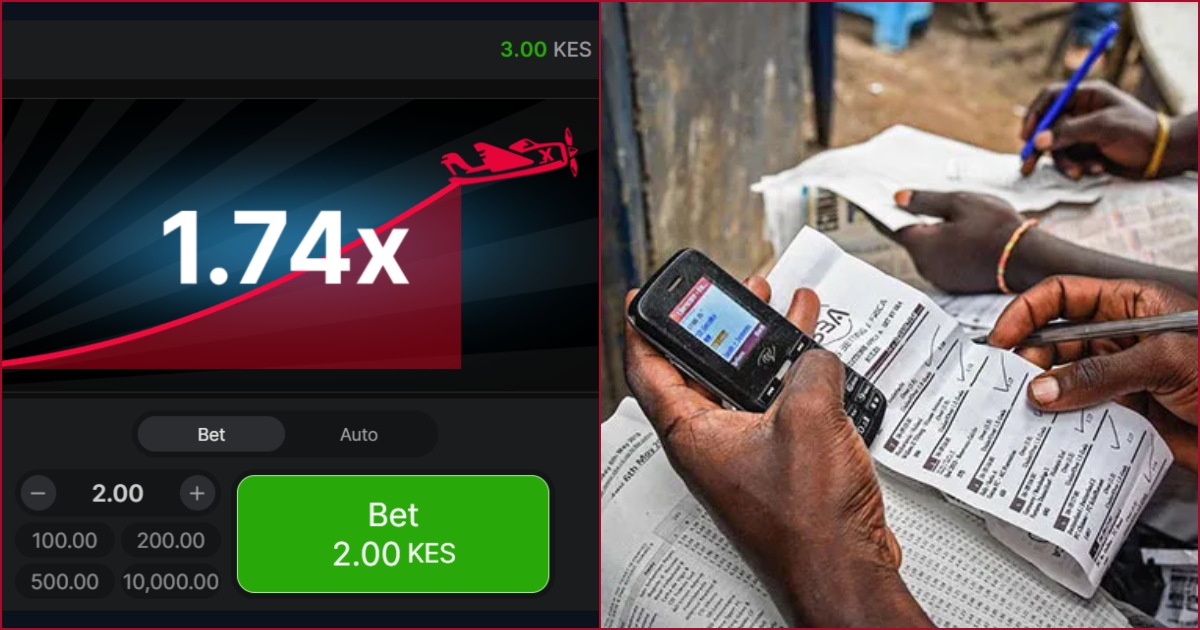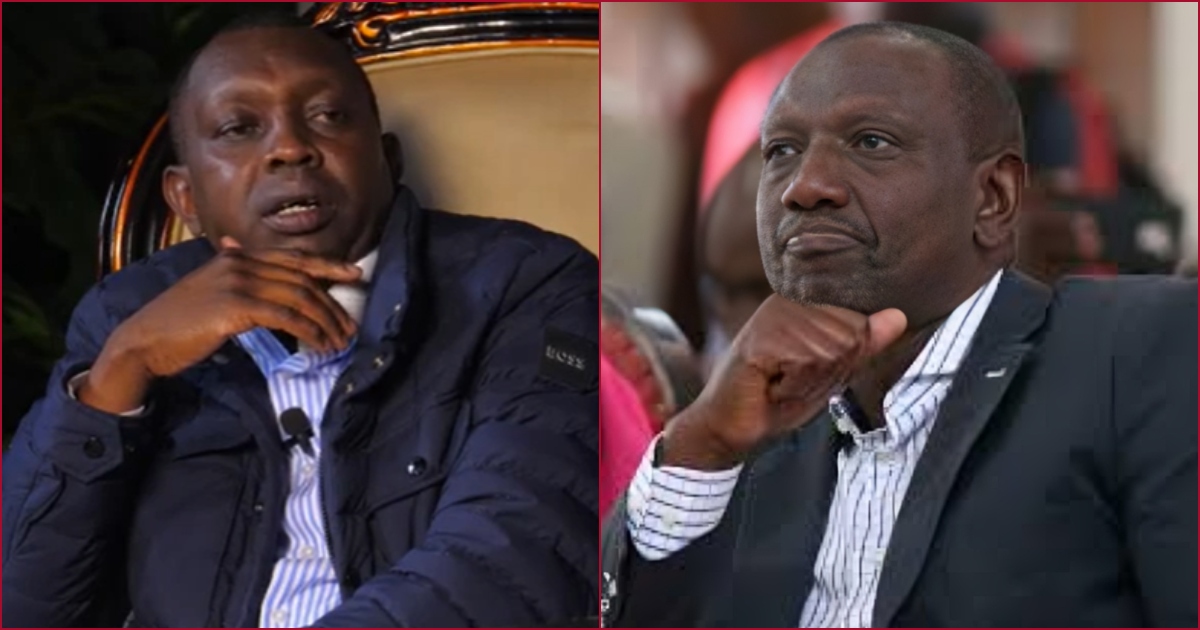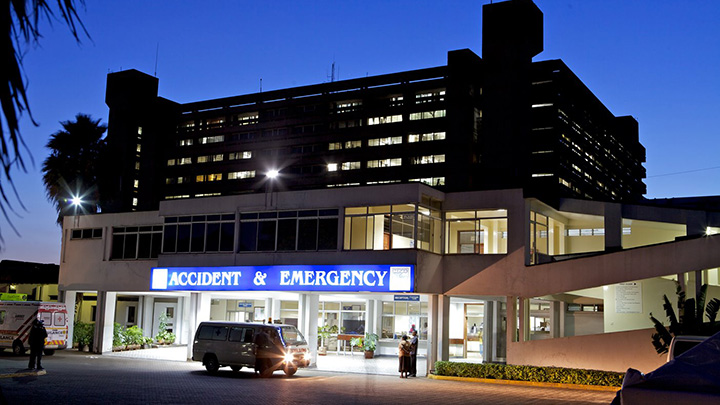An investigation into Mediheal Hospital in Eldoret, Uasin Gishu County, has exposed gaps in the facility’s Kidney transplant program.
In a statement on Tuesday April 15, Health Cabinet Secretary Aden Duale said a multidisciplinary team comprising kidney transplant specialists, representatives from the Kenya Blood Transfusion and Transplant Services (KBTTS), Kenya Medical Practitioners and Dentists Council (KMPDC), Ministry of Health administration, and academic experts visited the hospital between December 5 and December 8, 2023.
Duale noted that the team discovered that the hospital has conducted 372 kidney transplants over the last 5 years, with most of the patients from Kenya and the East African Community, and a few cases from countries overseas.
“Mediheal Hospital & Fertility Centre Eldoret is a Level 5 private hospital with requisite approvals to conduct Kidney Transplantation program and had since conducted transplant activities for the last 5 years and had 372 kidney transplants with a majority of transplant cases from the Kenya, East Africa Community (Uganda, Ethiopia, Burundi, DRC, Somalia) and a few international cases (Australia, Israel, Japan, USA, UK),” read part of the statement.
CS Duale also disclosed that the facility adapted new technologies, as 99 percent of their transplants were conducted laparoscopically, with induction before the transplants.
Read More
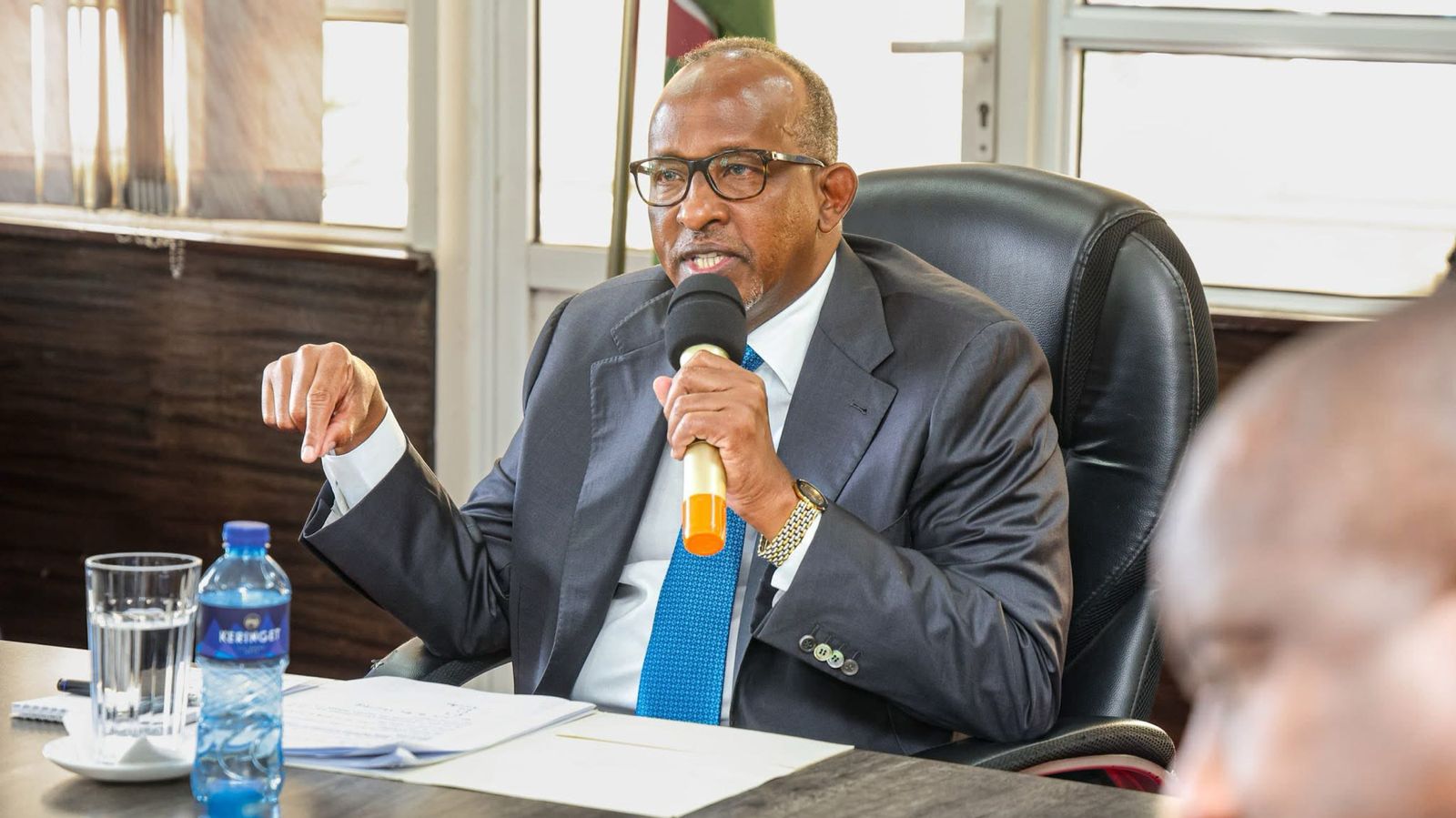
He, however, pointed out that the hospital did not have sufficient documentation to verify relational ties between donors and recipients.
“The facility lacked sufficient documentation to verify the relationship between donors and recipients. The documents availed indicate some of the donors came from different nationalities,” Duale stated.
The Health CS also noted that Human Leukocyte Antigen (HLA) tests were done in India without the approval of the Ministry of Health for shipment of human samples outside the country.
Duale further said there was no translation of documents for both donors and recipients who could not understand English and the facility lacked clinical morbidity and mortality reports.
“There were high-risk transplantations, including for a patient with confirmed prostate cancer and extremes of age. Transplants were conducted despite poor donor-recipient compatibility.
“The hospital did not have multidisciplinary team (MDT) committee meetings,” the Health CS added.
At the same time, Duale said the investigation team recommended that the ministry develops, disseminates, and implements National Standards and Guidelines for Transplant Services
The investigation team also recommended the development of a legislative and regulatory framework to safeguard against organ trafficking and transplant tourism.
“All donor and recipient evaluations to be presented to a multi-disciplinary committee. MDTs need to be operationalized/made functional, and the hospital management needs to reconstitute the ethics committee to include interpreters who can clearly communicate with the recipients and donors, a patient advocate, and experts not directly involved in the transplantation,” Duale stated.
The multidisciplinary team also recommended the establishment of a centralized registry for reference for foreigners coming into the country for transplant services.
Additionally, Duale mentioned that the allegations of organ trafficking must be investigated by relevant authorities since some of the recipients and donors were coming from more advanced health systems to a relatively new transplant program.
The Health CS in response to the recommendation said the ministry has developed transplant service standards, guidelines and frameworks and a policy on Blood, Cells, Tissues, Organs and others substances of human origin.
